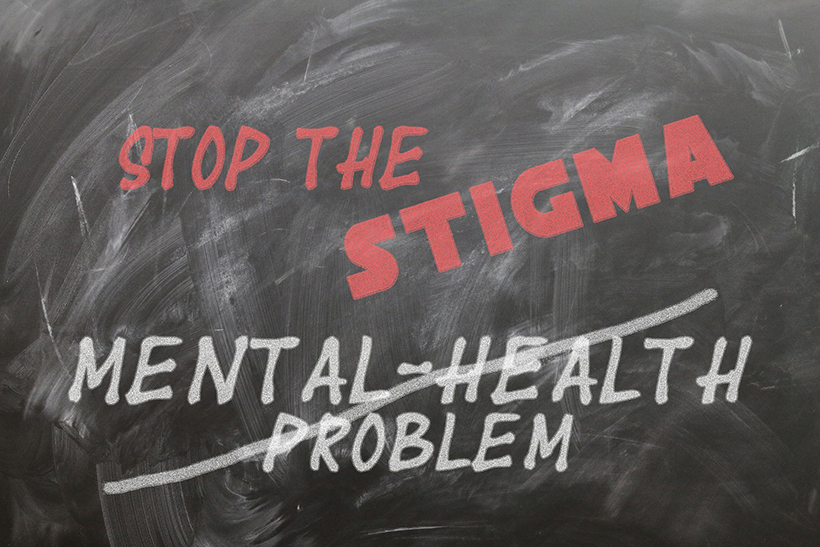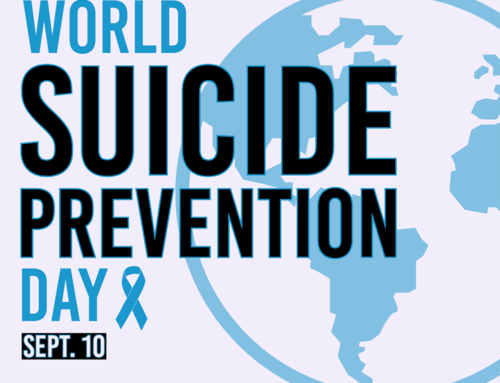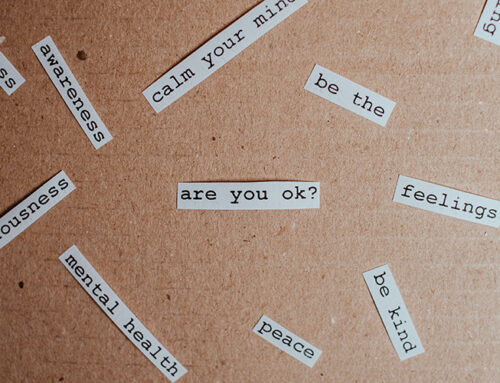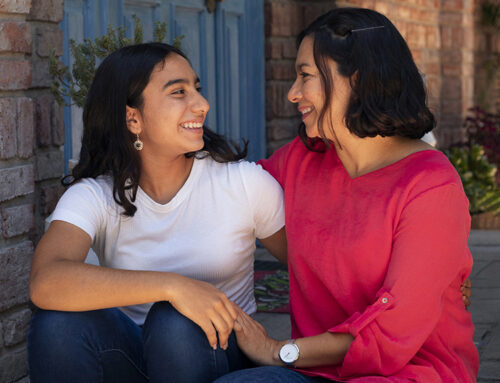Growing up, my mother used to walk me to school. On our way I remember seeing a young woman frequently sitting in her front yard who frightened me because she was always muttering things under her breath. She would sometimes call on the passersby and approach them. My mother used to clutch my arm tightly and hurry me past the house. She unknowingly inculcated me with the fear of mental illnesses, at the formative age of 5!
I am a board-certified Pediatrician now. As an immigrant woman of color, I have been in practice for more than two decades. During my training and thereafter I have seen my fair share of mental health problems in adults as well as children.
Studies increasingly demonstrate that South Asian immigrants experience high rates of mental health disorders. Acculturative stress can lead to intergenerational conflict. Parents expect their children to follow the norms of their culture while they are trying to assimilate amongst Americans. This can lead to discord and distress. Add to that the pain and suffering generated by the pandemic further complicating the usual trials and tribulations of life, and you get a community stretched thin, even one whose resources are as great as ours.
Person A ridden with guilt after the death of a parent from Covid-19 infection, person B anxious about health concerns for a family member, person C barely coping with knowledge of a terminal illness in a loved one, person D suffering from stress and anxiety related to his/her job…everyone hesitating in seeking professional help. We all know these people, some amongst our own circle of families and friends.
Personally, I succumbed to anxiety when the pandemic hit its first surge thinking of the risks involved for myself and my husband, both physicians, working with infected patients. Various morbid scenarios ran through my restless mind as I imagined the worst for us and the future for our children. It was only after I read about The American Medical Association survey results clearly showing many of my colleagues undergoing similar disquietude, that realized I was not alone. Only a few had admitted to it and even fewer were attempting to get guidance on how to navigate these emotions.
With some research I learned that Asian Americans under-utilize mental health resources in the U.S. when compared to white Americans and that there are several factors responsible for this.
First and foremost is the shame. Desire to protect the family’s reputation, fear that the mental health professional will see them as “crazy,” reluctance to open up to strangers, or the belief that talking about unpleasant things will only make them worse.
Second comes stigma. Social perception is emphasized greatly in the South Asian culture, and it undeniably plays an important role in the hesitancy to seek the help.
There is a fear of not getting the support for their mental illness from their families who they turn to. Our community is known for its resilience, relentless work ethics and drive to excel in all areas of life. Ironically these same qualities hinder our acceptance of mental illnesses – how can a cultural group so celebrated appear so weak as to admit having a mental disease? A diagnosis like depression or anxiety would be looked at as a ‘weakness.” The afflicted are made to believe they “should be able to handle things” on their own without assistance and that they must be weak or inferior to have to ask for help.
Mistrust of the physician due to issues of racism, language barriers, and religious beliefs can also play a role as deterrents to seeking professional help. Psychotherapy may be viewed as “too western” and thus “too liberal” by some South Asians still wanting to hold on to their cultural views.
This leads to not only delay in getting the right care but also failure for the social support system to extend any help, and sometimes to premature discontinuation of care. The prejudice for mental illnesses is world-wide and no culture is spared from it. But as South Asians living in the U.S., we have the added cultural stressors and collective stigma that make it even more difficult.
As I think back to the lady I passed on the way to school during my childhood, I wish that someone would have explained to my mother then that the illness she suffered did not make her someone to be feared, but rather someone to be helped and cared for.
I am proud to be joining SAMHIN’s team in their efforts to recognize the cultural relevance in giving care to South Asians, raise awareness, and make care more easily accessible. I also urge every reader here to strive to break the stigma and help prove the stereotypes wrong!
 By Falguni Shah, MD
By Falguni Shah, MD
SAMHIN volunteer
Director and Founder Travel Health and Infectious Disease LLC
Feature image by Gerd Altmann from Pixabay
Subscribe to SAMHIN’s email list if you would like to be notified when SAMHIN publishes new blog posts.
If you are interested in joining SAMHIN’s mission or have questions about the organization, please contact SAMHIN at info@samhin.org.






